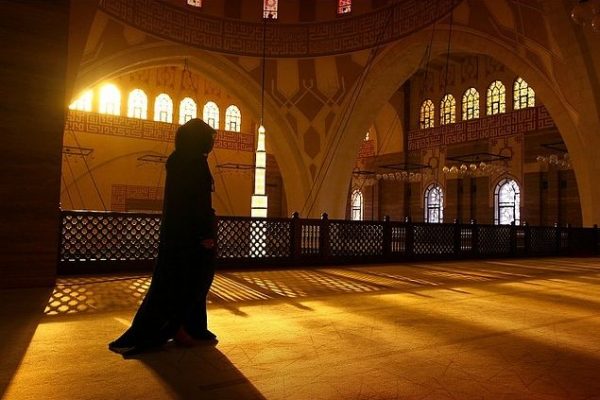As a member of the Green Party, Elmi not only represents the hugely important immigrant population of Sweden but also a movement of people deeply committed to environmental issues in the political arena.
As a member of the Green Party, Elmi not only represents the hugely important immigrant population of Sweden but also a movement of people deeply committed to environmental issues in the political arena.
Sweden has recently elected not only its first MP of Somali descent, but also its first woman to wear hijab in government. Leila Ali Elmi, a former refugee from Somalia, arrived in Sweden at the age of two and now represents a well-needed voice for the suburb of Angered in northeastern Gothenburg.
Angered, a place often criticized for its high unemployment, poor education, segregation, and high migration levels, has been a talking point for much of the far-right political rhetoric against immigration and cultural diversity. MP Elmi, as a voice for this suburb of her constituency in Gothenburg, is attempting to slowly win over the rise of far-right extremists.
I’m working against institutional racism, and I’m working for women to get the same opportunity to establish themselves in the workforce…especially for women who are immigrants.”
As a member of the Green Party, Elmi not only represents the hugely important immigrant population of Sweden but also a movement of people deeply committed to environmental issues in the political arena. Her dedication towards the environment, immigration issues, and women’s rights have set her apart from others, and the fact that she wears a hijab in government has impassioned both her supporters and critics.
I år är det valår! Om mindre 80 dagar bestäms hur de 4 närmaste åren kommer att se ut. På valdagen spelar det ingen roll vem du är, hur du ser ut eller vart du bor, allas röst kommer att väga exakt lika mycket. Låt oss rösta, rösta för att påverka vår gemensamma framtid. #rösta pic.twitter.com/NW0FWgB1L7
— Leila Ali (@LeilaAliElmi) June 19, 2018
Although Sweden has a relatively open refugee policy, the rise of right-wing political parties shows a worrying trend in Scandinavia. The far-right political party Sweden Democrats have called upon supporters to remember “folkehmmet”, which translates roughly to the concept of “the people’s home”, in an attempt to create a divide between the different ethnicities within Sweden. Many have pointed towards the worrying fact that their support has risen, from 12.9% in 2014 to 17.6% in 2018. The concept of what constitutes as “Swedish” is often debated within political circles in the country, with groups such as the Sweden Democrats criticizing people like Elmi for not being a true Swede.
I’ve become a symbol of hate for extremists and racists. They see me as a threat to what Swedish society should be.”
Although the rise of fascist and right-wing hate is on the rise globally, inspirations like the example of MP Elmi remain an important aspect of our society today: that despite the continued hate against immigrants, Muslims, and minorities, there are still those who both support and rise up despite the hate to become well-needed and much-appreciated voices in government.





